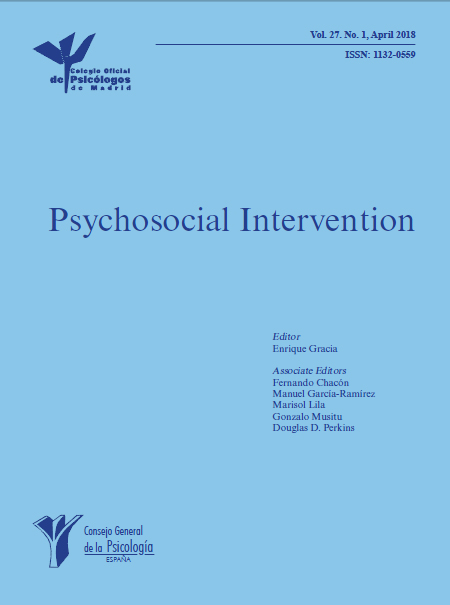
Adolescent witnesses in cases of teen dating violence: An analysis of peer responses
[Adolescent witnesses in cases of teen dating violence: An analysis of peer responses]
Josefa Ruiz; Francisca Expósito; and Elena Bonache
Abstract
Gender violence is a serious problem that also affects the adolescent population (González & Santana, 2001). The victims of such violence in adolescence, should they seek help, rely primarily on their peers and rarely report it to adults (Weisz et al., 2007). The responses or reactions of avoidance, minimization or protection that their peers may have contribute to the victim maintaining or breaking the "unhealthy" relationship. An experimental study was designed to examine the reactions of adolescents in the event that they are witness to an episode of violence (verbal and physical aggression) towards a friend. The main objective was to analyze the differences in their reactions according to sex of the witness, familiarity with the perpetrator (stranger vs. a friend) and the relationship between aggressor and victim (a date, romantic partner.) An exploratory analysis of the influence of the witnesses’ sexist beliefs (hostile and benevolent) on these reactions was also performed. Thus, more negative reactions were found (greater passivity and less empathy) among men in the case where the victim maintained a relationship with the offender than in the case of a date, especially if the perpetrator was a stranger. Also, in the girls more avoidance responses were found when the violent episode occurred between members of a couple on a date. Finally, the practical implications of the findings are discussed, highlighting the need to include guidelines in programs against gender violence among adolescents on how to behave if in relation to the victim when they are witnesses of gender violence.
Resumen
Copyright © 2026. Colegio Oficial de la Psicología de Madrid















